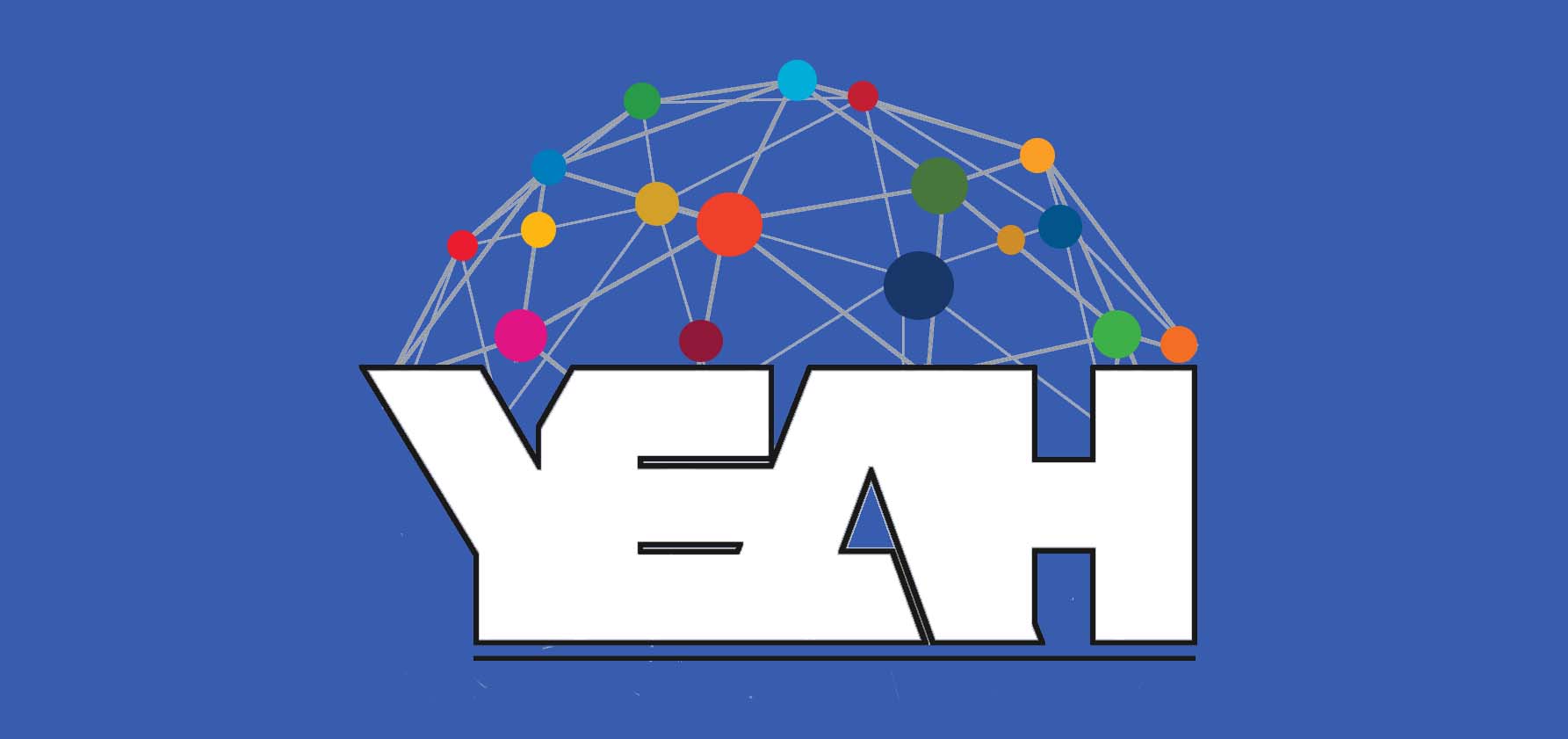
The experience is extraordinary.
Moravian College undergraduates have joined undergraduate and graduate students from a select 12 institutions across the globe to analyze complex issues surrounding the United Nations Sustainable Development Goals (sdgs.un.org/goals), which address 17 global issues, including climate change, poverty, health, equality, and education. Groups collaborate on solutions and present their work at international conferences. Our students gain experience in problem-solving, teamwork, leadership, and working with other institutions and nations (three of the institutions participating this year are from other countries—the United Kingdom, Australia, and Peru).

The initiative, Youth Environmental Alliance in Higher Education (YEAH), rose out of a collaboration among research scientists and faculty—including Moravian’s Diane Husic, dean of the School of Natural and Health Sciences—from 12 institutions. The faculty knew each other from attending the annual UN climate change meetings. “As we have all served on panels together at the UN level, we have talked about the need to develop the next generation of leadership in work at the science-policy interface and to find ways to weave the UN Sustainable Development Goals [SDGs] into college curriculum,” says Husic. They applied for and received a five-year grant from the Research Coordination Networks program of the National Science Foundation.
YEAH is open to students semester by semester. At the start of each session, the incoming class is broken up into multi-institutional and multicultural teams, each focused on a specific development goal. These teams meet and work together virtually, using Slack and other web-based tools. Every week, the entire student body attends a lecture.
Each team is headed by a YEAH Fellow who helps facilitate the work of the team and is a liaison between the team and the faculty or steering committee. In fall of 2020, Moravian senior Melissa Morales served as a fellow.
“I led the team working on SDG 4 [quality education]. We were students from Moravian, Colorado College, and National Agrarian University-La Molina in Peru,” says Morales. “We used a Talanoa Dialogue to discuss where we are now, where we want to go, and how to reach our goals. [Talanoa is a word used in Fiji to describe a trusted, respectful space for conversation that is inclusive and receptive to diverse ideas and remarks.]

“We had great discussions with teachers across America about their experiences and different ways to infuse environmental justice and social justice into their teaching.”
From that work, Morales’s team recorded a presentation, “The Power of Quality Education,” which was shown along with presentations by the other SDG teams at an international conference that closed out the semester. This culminating event brought internationally renowned experts to speak in plenary sessions. More than 200 participants from over 20 countries attended the conference.
“It was great to work within a group that was multicultural and multi-institutional,” says Morales of her experience. “With diversity, so many different voices and stories came forth that I wouldn’t have been able to think of from my experience.
“My goals for YEAH were to work on leadership and communication skills and problem-solving,” adds Morales. “I also wanted to learn more about complex global environmental problems. There are so many facets to large problems, and to tackle them you need to hear different perspectives. I talked to as many people as I could and listened to them. I learned about the UN, human rights issues, gender issues, and how to go about climate advocacy—locally, nationally, and internationally.”

The YEAH spring semester is underway, and Morales chose to continue with the program. She is working with a data analysis team that is examining surveys to pull out how students’ views of SDGs changed from the beginning to the end of the semester. The findings were shared at the YEAH Global Virtual Conference on April 21 and will be presented at the Ecological Society of America annual conference in August.
Morales is also working on the web development and recruitment team, designing an application for future fellows to join the YEAH network. “I will continue to work on my skills,” says Morales, “and there is a lot of teamwork with people of diverse backgrounds. I am so fortunate.”
You can learn more about YEAH and view teams’ presentations of their work at Yeah-net.org.
The word clouds represent answers posed to students: top, What does the term climate change mean to you?; middle, Provide a brief explanation or you ranking of the most pressing climate-related issue; bottom, To what extent do you take these lifestyle choices to address climate change? by Melissa Morales ’21